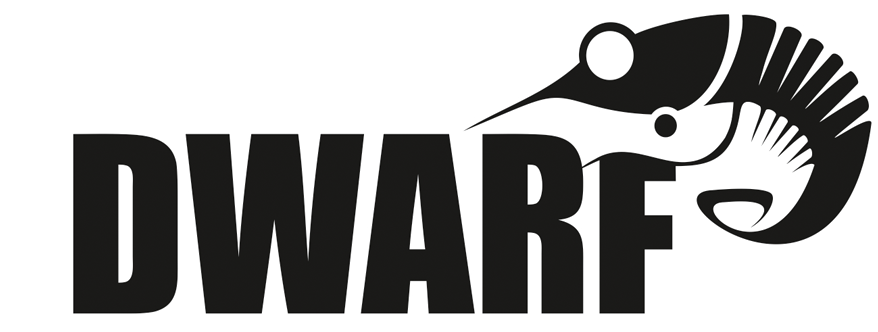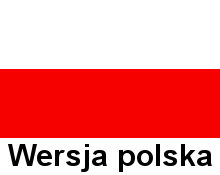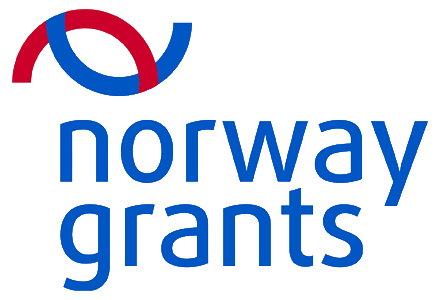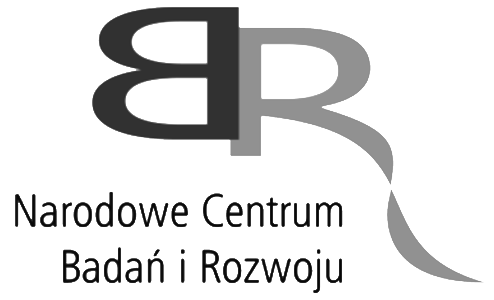ParticipantsDr Maria Włodarska-Kowalczuk (IO PAS)Prof. Hans Petter Leinaas (UiO) Prof. Dag Olav Hessen (UiO) Dr Martin-A. Svenning (NINA) Dr Paul Renaud (APN NIVA) Dr Sławomir Kwaśniewski (IO PAS) Dr Joanna Pawłowska (IO PAS) Prof. Jan Marcin Węsławski (IO PAS) Dr Katarzyna Błachowiak-Samołyk (IO PAS) Barbara Górska (IO PAS) Dr Piotr Kukliński (IO PAS) Dr Joanna Legeżyńska (IO PAS) Mikołaj Mazurkiewicz (IO PAS) Joanna Piwowarczyk (IO PAS) Dr Anna Stępień (IO PAS) Emilia Trudnowska (IO PAS) Dr Marek Zajączkowski (IO PAS) Krzysztof Zawierucha (University in Poznań) Kristian Alfsnes (UiO) Dr Magdalena Łącka (IO PAS) Dr Agata Zaborska (IO PAS) Partner Institutions:IO PAS - Institute of Oceanology of the Polish Academy of SciencesUniversity of Oslo (UiO) Akvaplan-niva (APN) Norwegian Institute of Nature Research (NINA) |
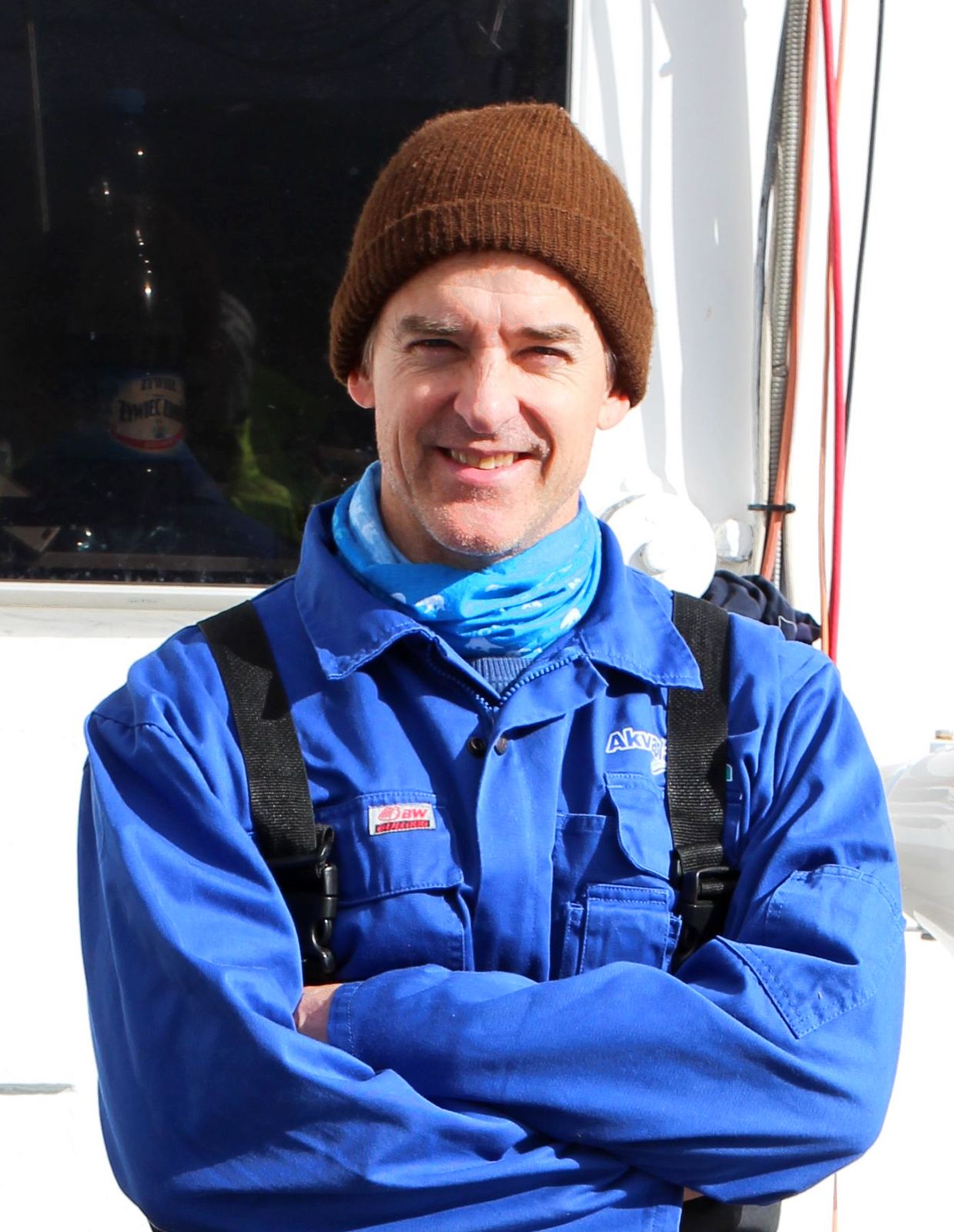 Paul Renaud
Paul Renaud
Paul Renaud received a MS in Marine Sciences from the University of North Carolina Chapel Hill in 1988, where he studied marine plant-herbivore interactions with Mark Hay. This work took him to both temperate and tropical study sites where his work touched upon algal physiology, chemical ecology, and associational defenses. After working as a Fisheries Biologist and Environmental Scientist, he began working on soft-sediment community ecology at East Carolina University. This work, in conjunction with William Ambrose, included macroalgal and infaunal ecology, and their dependence upon geological characteristics and storm effects on a temperate reef system. Most of this work, however, focused on pelagic-benthic interactions in the Northeast Water polynya in northeast Greenland. These studies on community composition, recruitment ecology, physiology, and food-web interactions formed the basis of his PhD, received from Gothenburg University (Sweden) in 1998 under Rutger Rosenberg. He has since worked on pelagic-benthic coupling in the Canadian (Beaufort Sea) and European Arctic (Barents Sea), investigating ecological processes (carbon cycling, food web interactions) and community structure. In 2005 he moved to Akvaplan-niva in northern Norway, where he has continued some of this work, as well as studying biodiversity and ecosystem function, pelagic trophic interactions, effects of ocean acidification, ecological consequences of zooplankton vertical migration, polar-night ecology, and monitoring impacts of petroleum activities. He is also an adjunct Full Professor at the University Centre in Svalbard where he teaches and conducts some of this research. He is also an Associate Editor of Polar Biology and Frontiers in Marine Science. In addition, he is Deputy leader of the ARCTOS Research Network, and Deputy Leader of the Fram Centre Flagship on Fjord and Coastal Ecosystems. In the DWARF project he will take part in tasks of WP4, working on size distributions in benthic communities and populations in cooperation with the Polish benthic team. |
